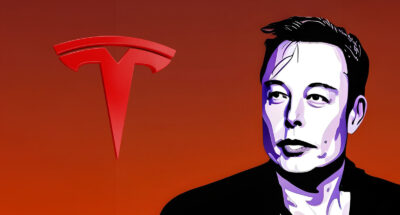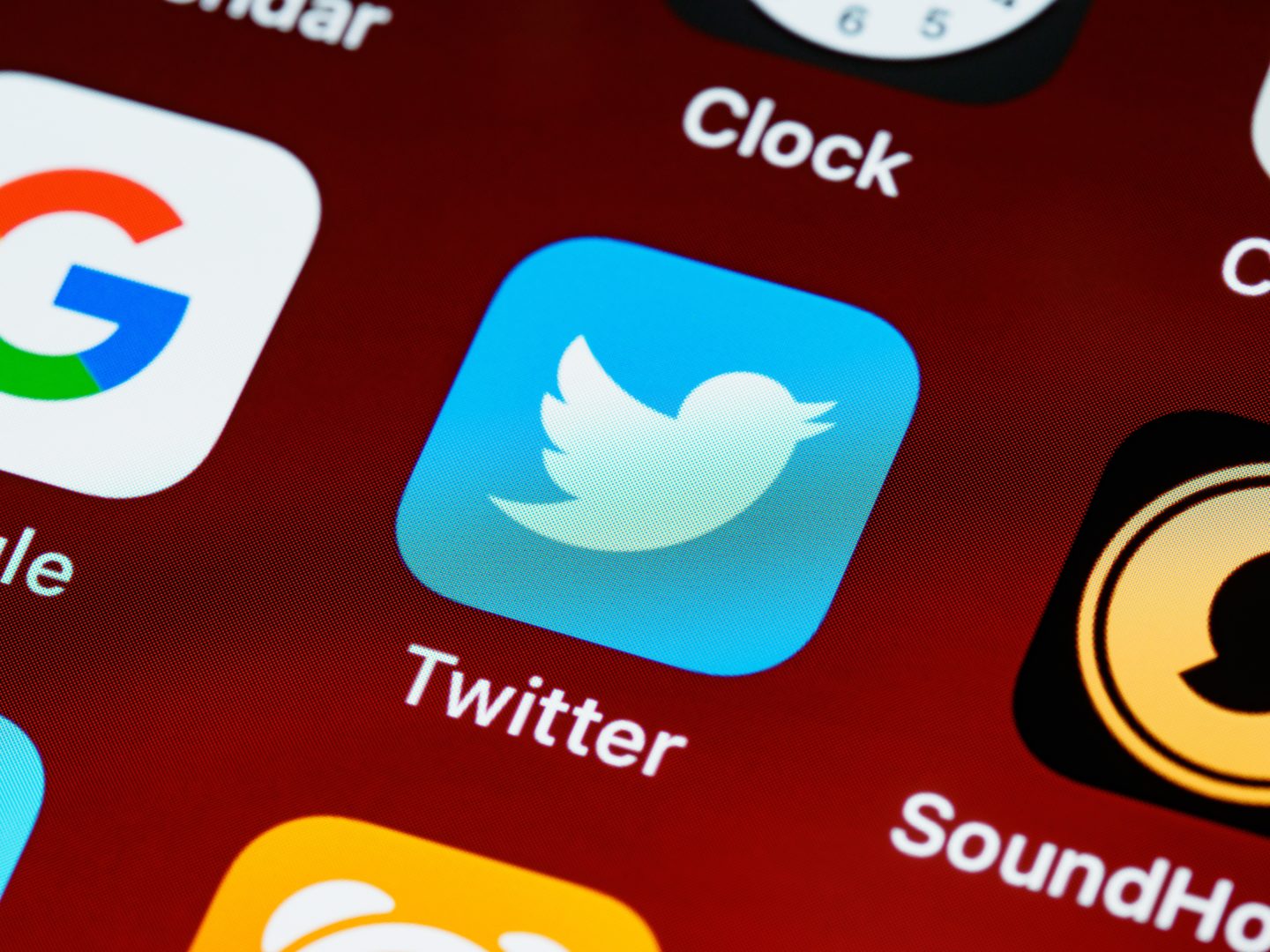The billionaire will have his hands full managing a sprawling portfolio with few investment synergies
On Monday, Elon Musk won unanimous support for his hostile takeover approach from Twitter’s board to buy the social media company for $44 billion, putting his personal wealth on the line. The world’s richest man will have his hands full, being also CEO of the rocket business SpaceX, overseeing tunnelling enterprise Boring as well as brain chip company Neuralink.
Patrick Reinmoeller, Professor of Strategy and Innovation at IMD, questioned to what extent Musk’s latest venture will distract him from day-to-day business at Tesla. “If you are leading a publicly listed company, you have a responsibility to shareholders and you shouldn’t disappoint them by being distracted by something else,” he said.
Tesla is still the only direct publicly listed company for investors to bet on the eccentric visionary. Their nerves are already being tested. Tesla’s stock shed $126 billion of its value after the Twitter deal was agreed, on fears the carmaker’s CEO would sell down his stake to finance the purchase.
His stock in Tesla forms part of the complex financing for the Twitter deal. Reinmoeller said his incentive now will be to keep Tesla’s share price as high as possible. One challenge will be achieving potential synergies between the firms in Musk’s sprawling portfolio.
“Cars, rockets, tunnels, robots, tweets… Musk’s interests look increasingly like a keiretsu,” said Reinmoeller. “He glues everything together with the sheer power of his extravagance,” he added, noting that Musk uses Twitter as a platform to lay out his moves. His Tweets have got him into trouble, but they have also moved markets.
Musk has turned Tesla from a struggling startup to a power player in the automotive industry. The company posted record profits of $3.3 billion in the first quarter. It harbours grander ambitions to sell 20 million vehicles a year by 2030, which would make it bigger than rivals Toyota and Volkswagen combined. Reinmoeller argues the firm needs a dedicated leader behind the wheel.
“If he is only the owner, that’s one thing. If he wants to actively run Twitter, that’s a different challenge,” he said. “I think he shouldn’t try to do these two things, he still has to beat the entire automotive industry.”





 Audio available
Audio available
